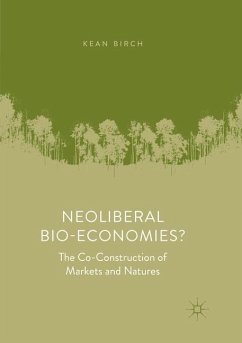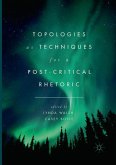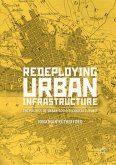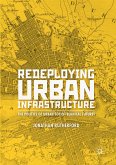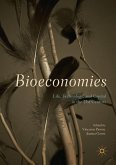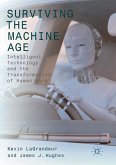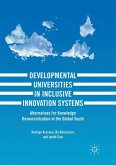In this book, Kean Birch analyses the co-construction of markets and natures in the emerging bio-economy as a policy response to global environmental change. The bio-economy is an economic system characterized by the use of plants and other biological materials rather than fossil fuels to produce energy, chemicals, and societal goods. Over the last decade or so, numerous countries around the world have developed bio-economy strategies as a potential transition pathway to a low-carbon future. Whether this is achievable or not remains an open question, one which this book seeks to answer. In addressing this question, Kean Birch draws on over ten years of research on the bio-economy around the world, but especially in North America. He examines what kinds of markets and natures are being imagined and constructed in the pursuit of the bio-economy, and problematizes the idea that this is being driven by neoliberalism and the neoliberalization of nature(s).
"This study is outstanding for its erudition and summaries of research into both neoliberalism and the bio-economy. ... focal depth Birch offers into the importance of materiality in the co-construction of markets and natures is particularly welcome. ... Birch's study is a salutary compass to find one's way among the meanderings of the bio-economy and to position it in a wider discussion about the relationships between the economy and the environment, as well as indicating stimulating research avenues to explore." (Benjamin Raimbault, Review of Agricultural, Food and Environmental Studies, Vol. 102, 2021)

